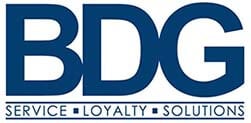No matter the size of your business, you likely deal with many different facets of running a company, including the guardianship of proprietary information. Inc. notes that this information, which is also known as trade secrets, can range from product designs to formulas and salary structures.
As you form your business, learning a few facts about proprietary information may help you guard your company’s secrets and prevent theft or misappropriation of such data.
1. Laws protect trade secrets
Proprietary information had little protection until 1996, when the United States government created the Espionage Act. This law protects a variety of trade secrets that include copyrights, codes and business procedures. This law provides you with legal recourse if any individual or company reveals or misuses your proprietary information.
2. Laws protect tangible and intangible items
As a business owner, you likely have both tangible and intangible trade secrets. The Espionage Act protects both; for example, tangible items may include blueprints for a future expansion or a formula for a new product. Intangible items may include password-protected company data or intellectual property.
3. Protecting trade secrets provides business advantages
Because most business owners, such as yourself, do not provide the general public with proprietary information, the data or knowledge you protect can give you an edge over your competition, especially when it comes to information involving future projects. This can include upcoming ad campaigns or new methods of tracking and interacting with consumers. However, you must take reasonable actions to conceal these secrets if you expect federal laws to protect you.
You can further protect your company’s proprietary information with the use of non-disclosure agreements and covenant agreements that restrict your employees from discussing trade secrets.

